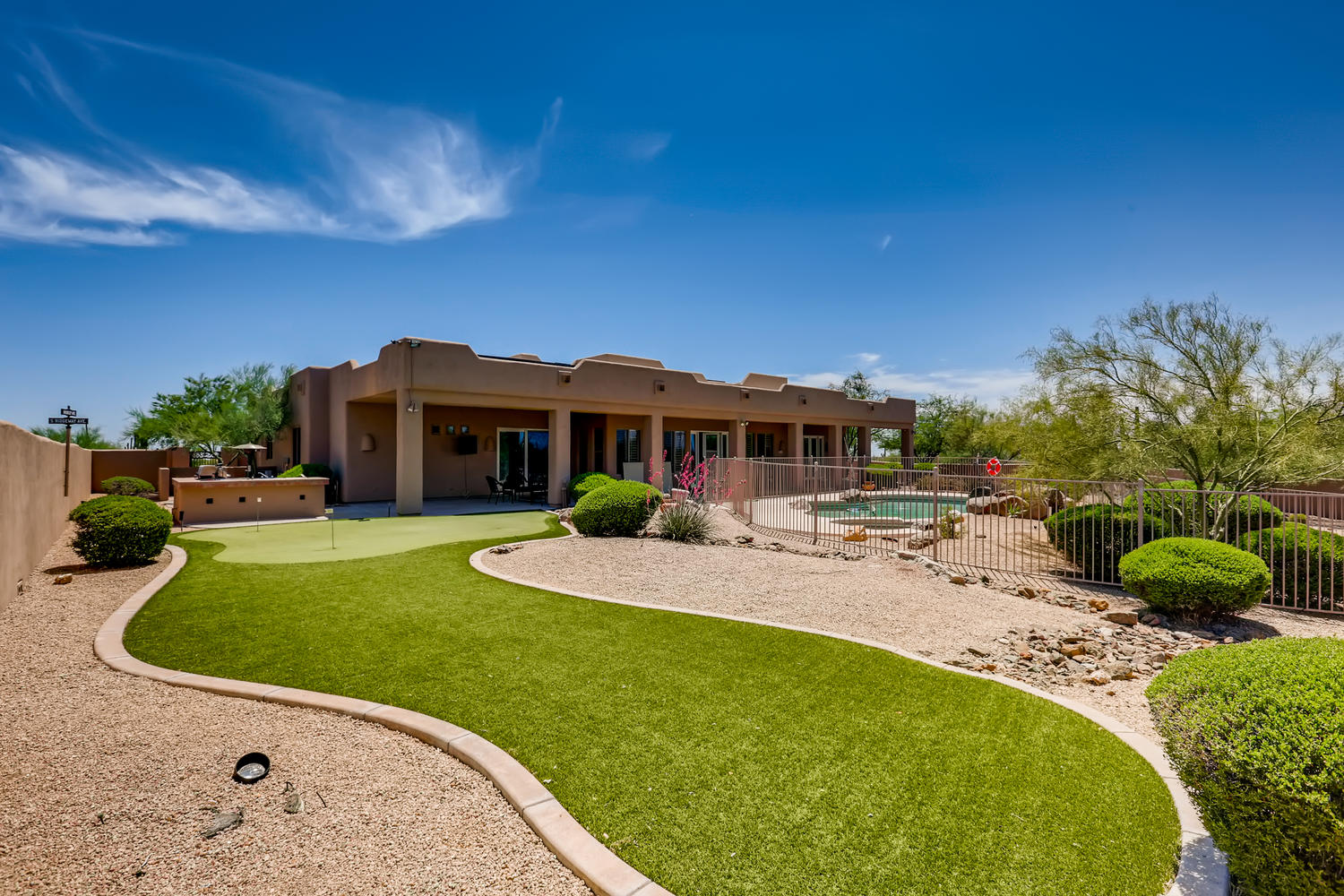Resources
Frequently Asked Questions About Rehab

FAQ
Making the decision to seek treatment for drug or alcohol addiction can seem like an overwhelming process. At Fountain Hills Recovery, our goal is to help you seek the best possible treatment for your needs and help you prepare for our program. We’ve answered a few of the common questions we receive about the program below, and our caring Admissions Team is here to support you through the entire process.
The length of program varies case by case. Length of treatment is based on a 30, 60, or 90 day commitment but actual length of stay is determined by availability, progress during your stay, and your individualized treatment needs.
You can bring almost anything you’d like. Anything that is not approved for you to keep on your person can be locked up in our safe. Do not bring weapons of any kind, food/beverages, or anything that will distract you from your treatment goals.
A typical day consists of group therapy, individual therapy, trauma therapy, equine therapy, yoga, and 12 step recovery. Programming activities vary from day to day to give our clients a mix of all the programs which has been proven effective forms of treatment. There is also some down time during the day to kick back by the pool, relax in the sauna, and time to build a fellowship of recovered members of the community.
The activities that we do are to show you that it is possible to have fun sober. We do outings to movies, volleyball, basketball, cook-outs, game nights with cards and board games, and even miniature golf and go-carts. We even have a personal chef come in and do a fun, interactive cooking lesson for everyone to participate in.
It is always a good idea to have a medical detox but it is not always necessary. It depends on the substances used, length of use, and quantity of use. Detox is determined on a case by case basis. Contact our admissions team to learn more.
Family is a huge component in successful rehabilitation. We can do family therapy sessions, family visits and family outings. Family therapy offers a chance for the family to honest and open with each other to give each family member a chance to heal.
To accommodate all dietary restrictions and personal preference, we do weekly grocery shopping where every client gets to choose the option of what they would like to eat and prepare. Our clients have access to a full kitchen where they can prepare and cook their meals.
It is possible to recover from mental health disorders, but there is no immediate cure for them. If diagnosed, you may receive medication to help you manage your symptoms, but that is only part of the solution. Proper mental health treatment is also needed to help you learn how to manage your symptoms in healthy ways. For lasting recovery, it’s recommended that you learn healthy coping skills and continually monitor and work on your mood, while limiting the intensity of your symptoms.
Fountain Hills Recovery offers inpatient and outpatient mental health treatment for the following conditions:
• Anxiety
• Depression
• Bi-Polar Disorder
• Trauma and PTSD
When you should seek treatment for your mental health disorder is different for everyone. But the general rule of thumb is to get treatment when your symptoms become unmanageable and are negatively impacting significant parts of your life, including work, relationships and wellness.
Yes. We accommodate people with allergies, diet restrictions and religious meal restrictions.
Our program has been designed to give our clients the highest chance of success. Taking time away from the stresses of work, school etc. gives you the time you need to focus on your recovery. We can help with any FMLA or Disability paperwork if necessary. Once our clients step down to our outpatient program, they have the option of living off site and working during non-programming hours.
Our clients have access to our house phones and phones at the clinic with therapist approval.
Insurance is also a case by case situation. We take many health plans and PPO policies. Contact one of our admissions coordinators to find out if your insurance plan covers our program.
We have many financial/insurance options. We offer cash pay rates with courtesy billing to your insurance as well as payment plans. Contact us to get more information.
We offer cash pay rates to those who do not have insurance. We also work with lending companies if needed. Contact us to find out what the best option would be. Our admissions staff has experience with every kind of insurance or financial situation and would be happy to assist.
Yes, we have a board certified psychiatrist on our staff that can help treat any underlying mental health situations. We specialize in dual diagnosis treatment.
We are not approved to accept AHCCCS but we have different options and can work with you to create a payment plan to fund your treatment.
When you attend our inpatient or outpatient mental health treatment program, our staff will evaluate you to determine the severity of your disorder and determine the best course of treatment. We can provide medication-assisted treatment, if necessary, and can help you manage your medication while in treatment.
While it’s true that some mental health medications can be habit forming, worrying about developing an addiction isn’t something you’ll have to face alone. Our staff will use the knowledge gained from your initial evaluation to determine the healthiest and safest course of treatment for you that lowers the risk of complications. If at any point you’re worried about your medication, our staff is more than happy to help.
Call to Check Availability (800) 715-2004
Fountain Hills Recovery is here to help.
Begin your journey towards a life free from the grips of substance abuse and behavioral health disorders.
"*" indicates required fields

